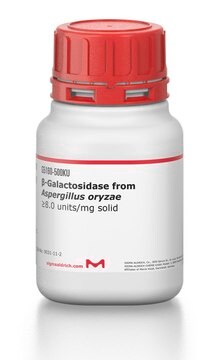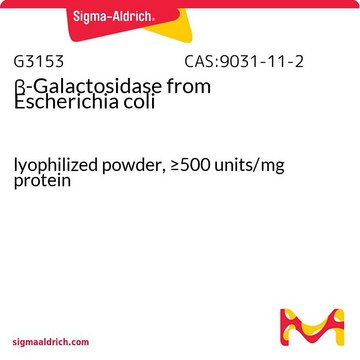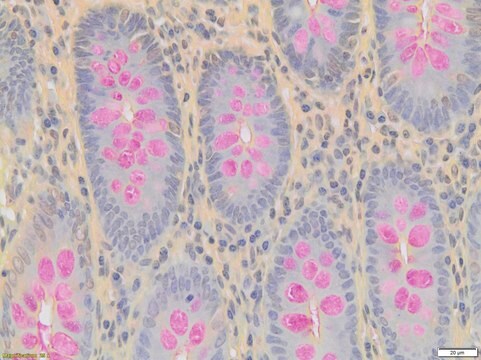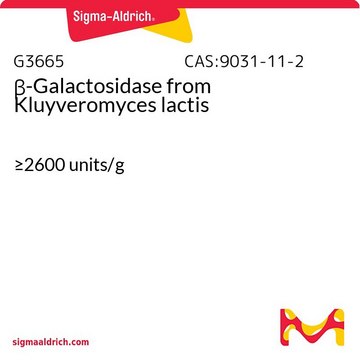M-1
95092201, mouse kidney, Epithelial-like
Zaloguj sięWyświetlanie cen organizacyjnych i kontraktowych
About This Item
Kod UNSPSC:
41106514
Polecane produkty
product name
M-1, 95092201
pochodzenie biologiczne
mouse kidney
tryb wzrostu
Adherent
kariotyp
Not specified
morfologia
Epithelial-like
produkty
Not specified
receptory
Not specified
metody
cell culture | mammalian: suitable
powiązane choroby
cancer
Warunki transportu
dry ice
temp. przechowywania
−196°C
Pochodzenie linii komórkowej
Mouse kidney cortical collecting duct, SV40 transformed
Opis linii komórkowej
Derived from the cortical collecting duct (CCD) of a mouse, transgenic for the early region of SV40 (Tg(SV40E)Bri/7). They express many characteristics of the CCD like epithelial morphology and CCD-specific antigens. M-1 cells grown on permeable supports exhibited a high transepithelial resistance concomitant with the development of a lumen-negative transepithelial potential difference. The M-1 cell line and sub-clones exhibit principal cell (PC) functions and ß-intercalated cell (ß-ICC) functions, both typical for the heterogeneous epithelium found in the renal collecting duct. M-1 cells and sub-clones show a heterogeneous expression of PC and ß-ICC antigens with 5-10% exhibiting a dual PC/ß-ICC phenotype.
Zastosowanie
Kidney cell studies, differentiation studies.
pożywka hodowlana
DMEM:Ham′s F12 (1:1) + 2mM Glutamine + 5μm Dexamethasone (DXMT) + 5% Foetal Bovine Serum (FBS).
Rutyna subkultury
Split sub-confluent cultures (70-80%) 1:3 to 1:4 i.e. seeding at 2-4x10,000 cells/cm2 using 0.25% trypsin or trypsin/EDTA; 5% CO2; 37°C. Prolonged incubation with trypsin may be necessary for subculture.
Inne uwagi
Additional freight & handling charges may be applicable for Asia-Pacific shipments. Please check with your local Customer Service representative for more information.
This page may contain text that has been machine translated.
Certyfikaty analizy (CoA)
Poszukaj Certyfikaty analizy (CoA), wpisując numer partii/serii produktów. Numery serii i partii można znaleźć na etykiecie produktu po słowach „seria” lub „partia”.
Masz już ten produkt?
Dokumenty związane z niedawno zakupionymi produktami zostały zamieszczone w Bibliotece dokumentów.
Nasz zespół naukowców ma doświadczenie we wszystkich obszarach badań, w tym w naukach przyrodniczych, materiałoznawstwie, syntezie chemicznej, chromatografii, analityce i wielu innych dziedzinach.
Skontaktuj się z zespołem ds. pomocy technicznej






